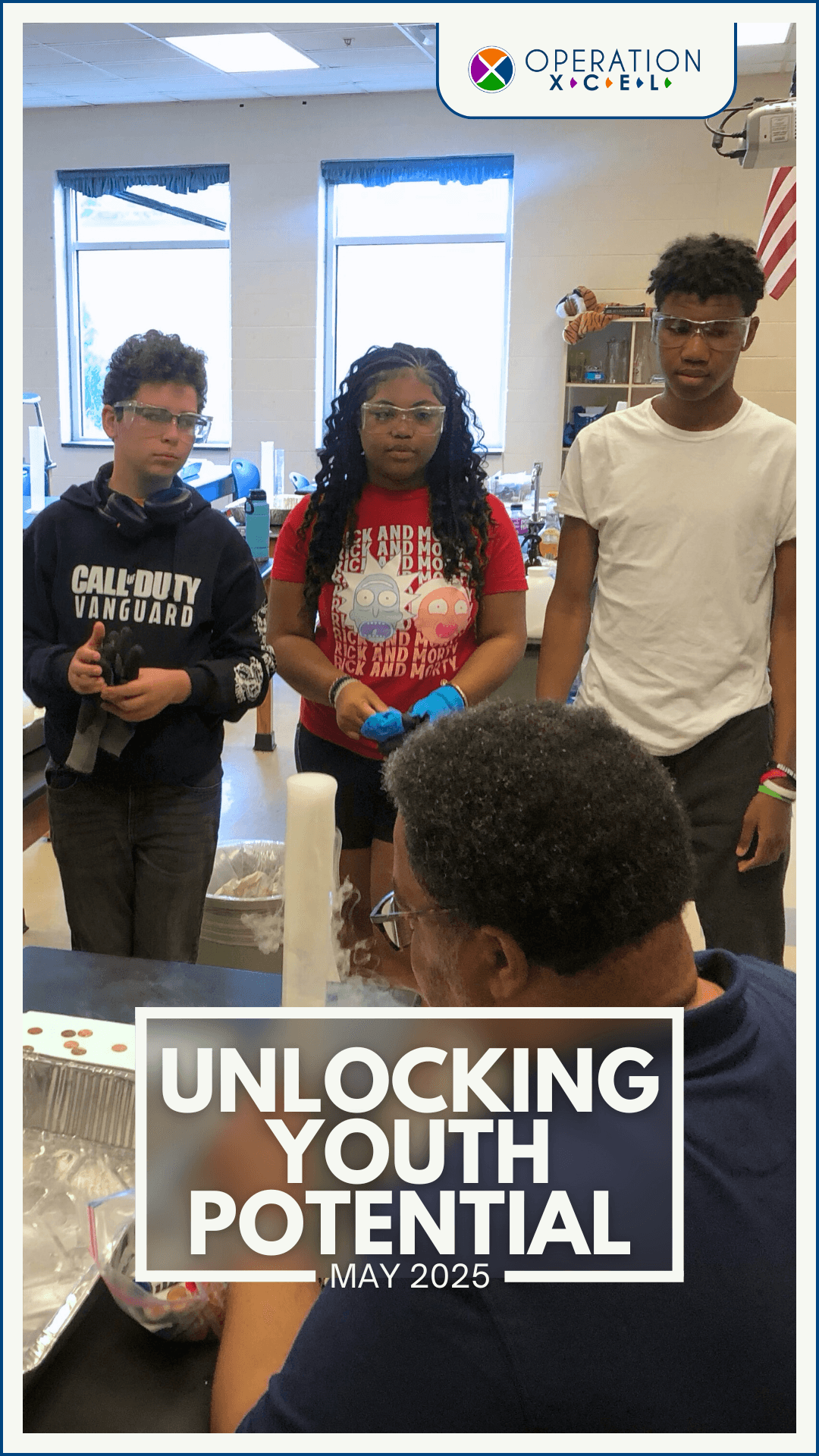
Introduction
Positive youth development (PYD) programs focus on helping young people grow and succeed by developing attributes like competence, confidence, character, caring, and connection—the 5Cs. These programs also include metacognitive strategies, which involve understanding and controlling one's thoughts and learning processes. By incorporating metacognition, PYD programs can better help teens achieve their goals and improve themselves, their families, and their communities. This blog explores how metacognitive interventions contribute to the success of PYD programs and suggests that they should be measured to better understand their impact.
Positive Youth Development Programming History
Positive youth development (PYD) programs aim to support the holistic development of youth by focusing on individual strengths and resilience. These programs have shown success in various areas, including reducing health risks, improving academic performance, and decreasing juvenile delinquency. The concept of PYD emerged in the 1990s, emphasizing the malleability of human development and the importance of ecological assets such as social networks and access to resources. PYD programs are framed within relational and developmental systems perspectives, viewing strengths and assets as predictors of positive outcomes like competence, confidence, character, caring, and connection, while reducing negative behaviors such as delinquency and substance use (Lerner et al., 2005).
A Metacognitive Analysis of Adolescent Development within PYD Frameworks
Metacognition is “shared knowledge” about cognitive states or processes within a “particular domain or activity”. This reciprocal sharing of metacognition within PYD programs fosters new skills and capacities for participating youth. During these programs, adolescents reflect on how their thoughts influence their approach to challenges, gaining new ideas and strategies that enhance competence, connectedness, confidence, caring, and character. Metacognition, as defined by Flavel, involves knowledge of one's cognitive strengths and limitations. This knowledge is divided into person, task, and strategy knowledge, and their interaction.
Objectives and Goals of Positive Youth Development Programming
[i]Lerner and colleagues have identified five core components that underpin positive youth development. These components are:
- Competence: The ability of youth to navigate various life contexts successfully.
- Confidence: The belief in their capacity to overcome challenges.
- Character: Compliance with prosocial norms and making ethical decisions independently.
- Caring: Exhibiting empathy and social concern for others.
- Connection: Establishing positive associations with people and contexts that enhance their lives.
[ii]PYD programs utilize metacognition to help youth develop new skills and capacities. By reflecting on their thoughts and strategies, adolescents foster competence, connectedness, confidence, caring, and character. These programs enhance their ability to navigate life's challenges, influenced by systems such as family, school, and peer groups.
How Operation Xcel Unlocks Youth Potential to Acquire the 5Cs
At Operation Xcel, certified educators utilize learning style inventories to implement strategies that effectively leverage students' cognitive strengths and limitations. This shared knowledge (metacognition) aids in fostering self-awareness and self-confidence among students, enabling them to comprehend previously challenging concepts. Students often face resistance when encountering difficulties with new information and subjects. By highlighting their specific strengths, we aim to motivate them to use these capabilities to address learning obstacles. This approach is particularly effective when instructors tailor their methods to align with each student's preferred learning style. The success stories and impact narratives we compile demonstrate students' improved progress over time, indicating that the application of metacognitive sharing empowers them to acquire new skills and enhance their learning potential.
SEL also helps youth develop in areas related to the 5Cs that Lerner identifies:
- Competence: Enhance emotional management and problem-solving.
- Connectedness: Build supportive relationships and community.
- Confidence: Boost self-worth and motivation.
- Caring: Promote empathy and prosocial behavior.
- Character: Cultivate ethical values and integrity.
These skills empower individuals to tackle challenges, excel in various areas, and contribute to positive youth development, including community resilience and well-being. The strategies employed by Operation Xcel in its afterschool and summer programs provide clear evidence that metacognitive strategies and social-emotional learning (SEL) positively impact youth development, and this can be classified as a positive youth development (PYD) program.
[i] Lerner, R. M., Lerner, J. V., Almerigi, J. B., Theokas, C., Phelps, E., Gestsdottir, S., Naudeau, S., Jelicic, H., Alberts, A., Ma, L., Smith, L. M., Bobek, D. L., Richman-Raphael, D., Simpson, I., Christiansen, E. D., & von Eye, A. (2005). Positive Youth Development, Participation in Community Youth Development Programs, and Community Contributions of Fifth-Grade Adolescents: Findings From the First Wave Of the 4-H Study of Positive Youth Development. The Journal of Early Adolescence, 25(1), 17-71. https://doi.org/10.1177/0272431604272461 (Original work published 2005)
[ii] Odejimi, O. A., & Clark, L. F. (2025). Metacognition and the 5Cs of positive youth development programs: A review of metacognitive interventions. *Journal of Youth Development*, 20(1), Article 10. https://open.clemson.edu/jyd/vol20/iss1/10

